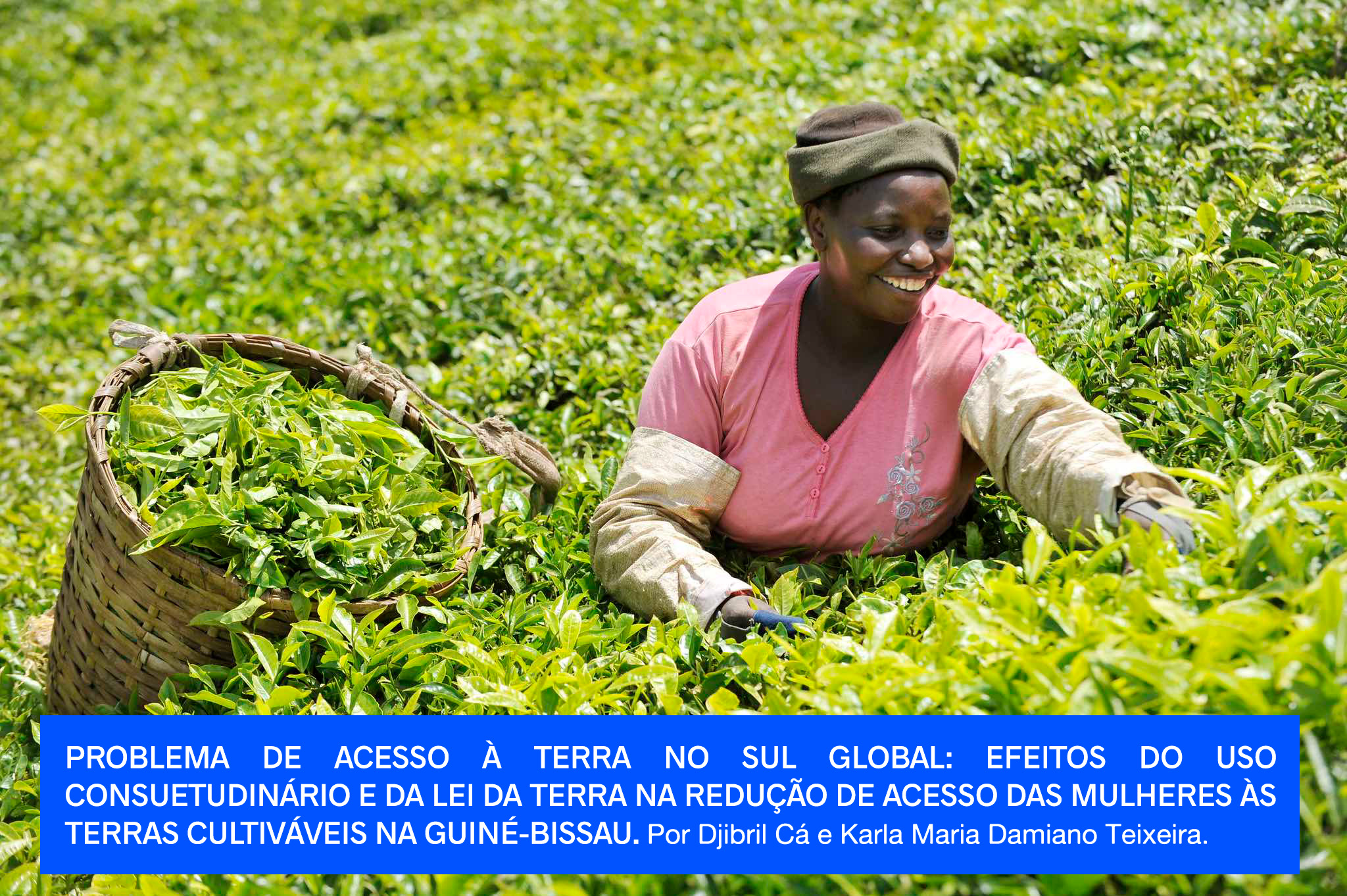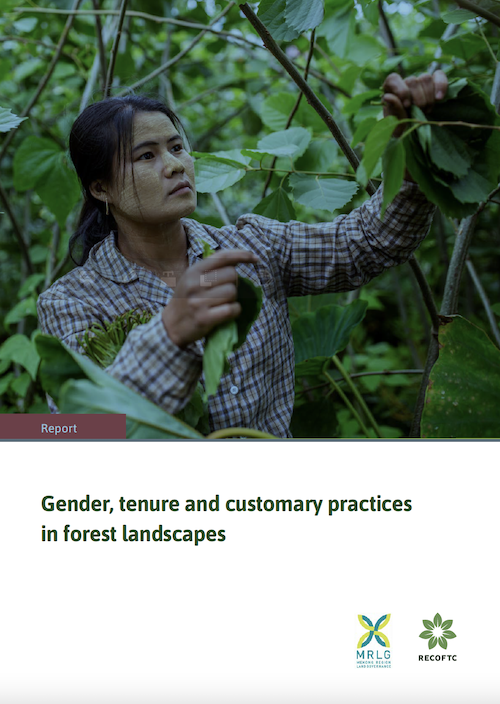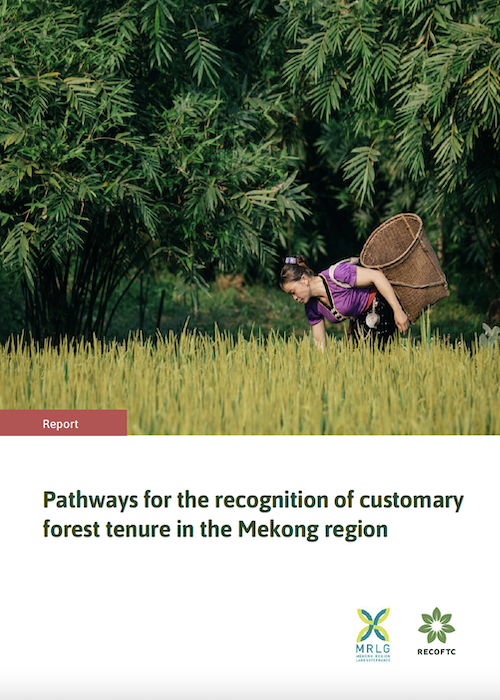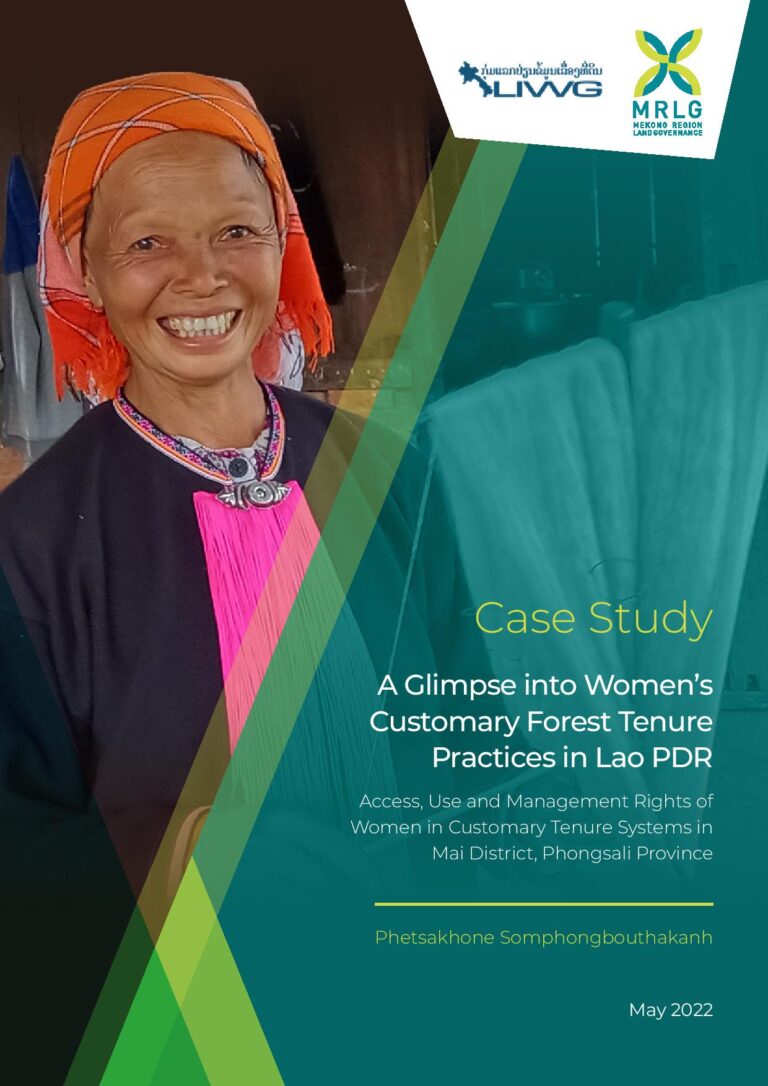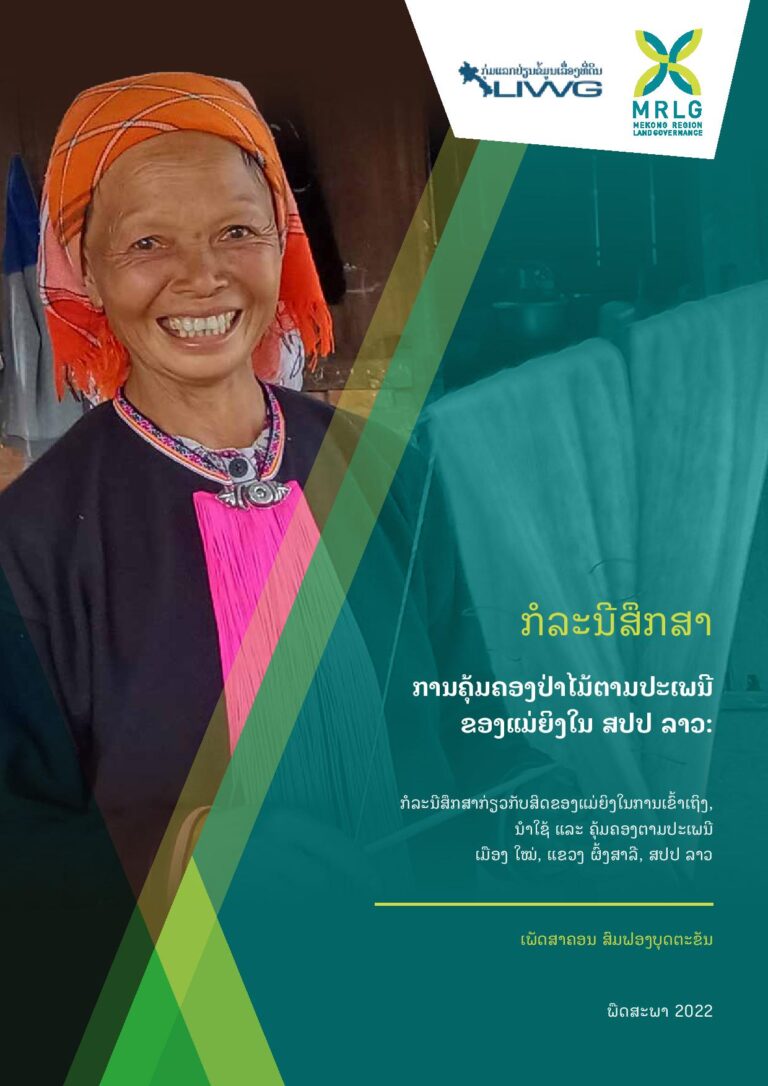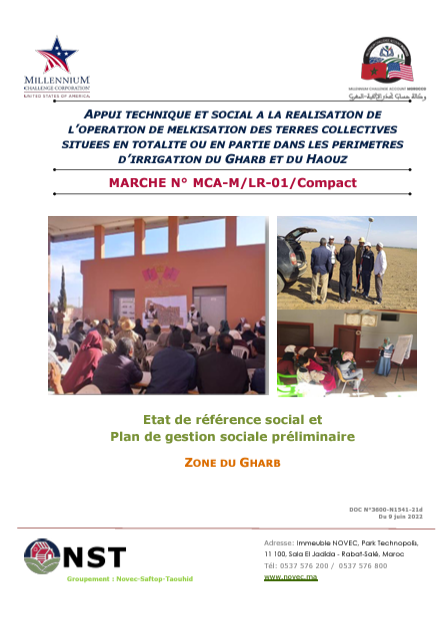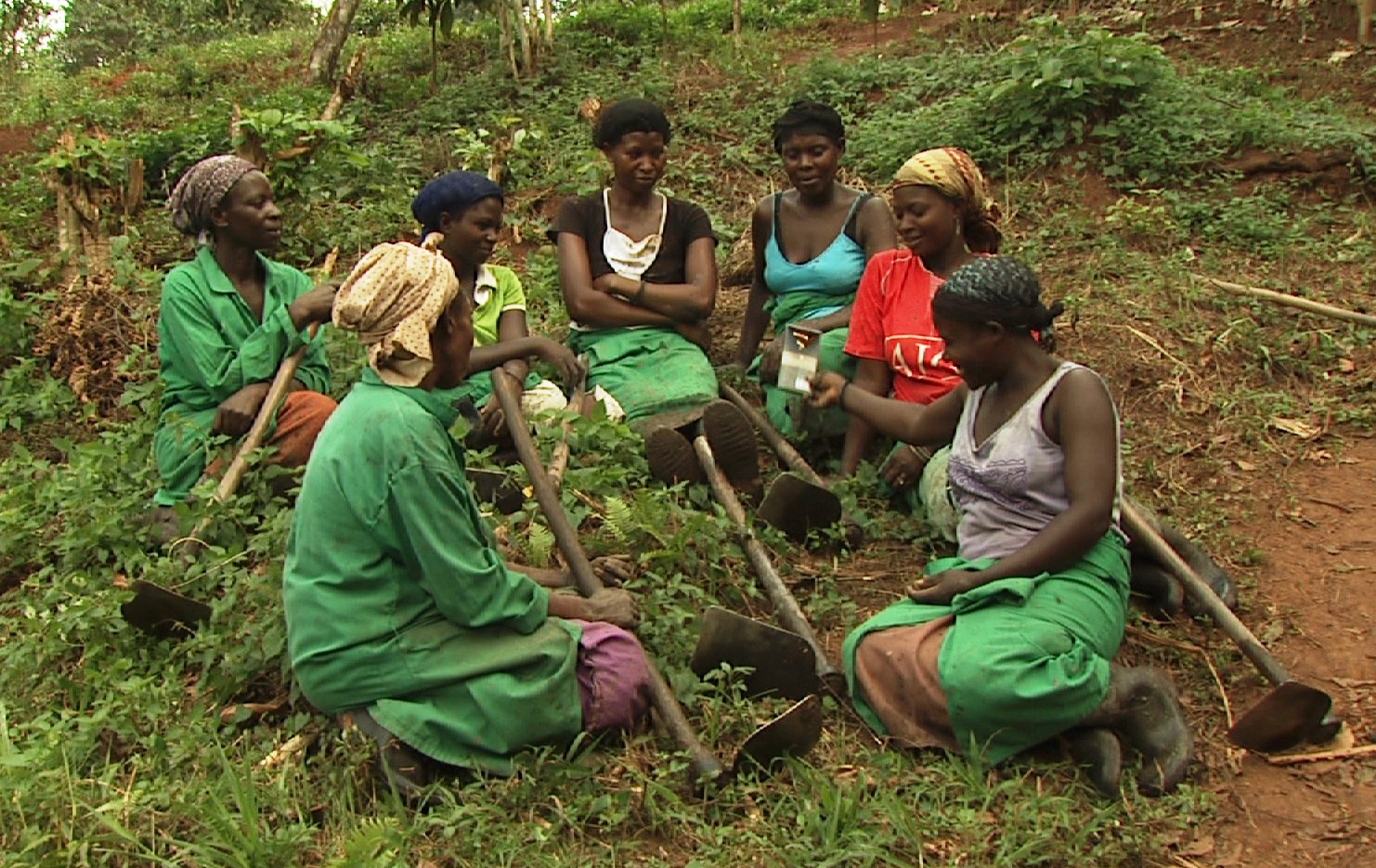Problema de acesso à terra no Sul Global: Efeitos do uso consuetudinário e da lei da terra na redução de acesso das mulheres às terras cultiváveis na Guiné-bissau
Este tem como objetivo analisar os efeitos de uso consuetudinário e inaplicabilidade da Lei 5/98, e se tais fatores contribuem para a redução de acessoàs terras cultiváveispelas mulheres inseridas na agricultura de subsistência na Guiné-Bissau. O problema fundiário é uma preocupação global, tendo início na transição do sistema econômico feudal, quando um grupo minoritário detentor do poder controlava os meios de produção.


